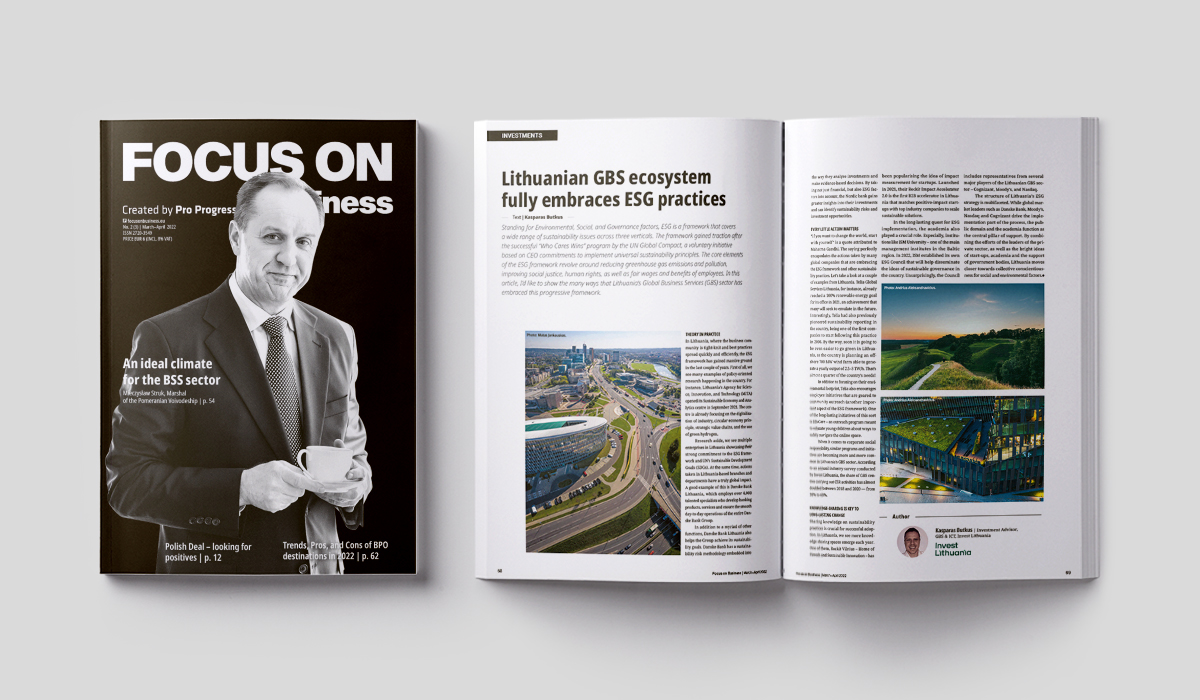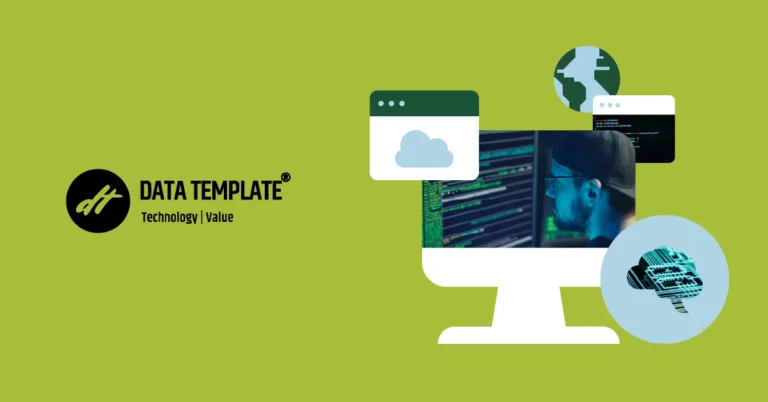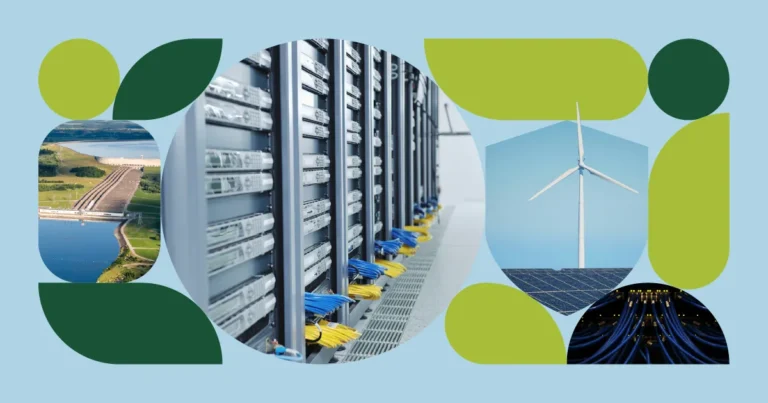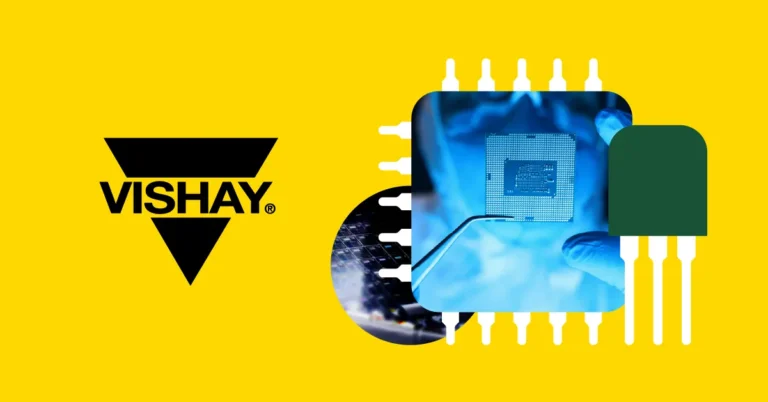This article was originally published on Focus on Business
Author: Kasparas Butkus, Investment Advisor | GBS & ICT
Standing for Environmental, Social, and Governance factors, ESG is a framework that covers a wide range of sustainability issues across three verticals. The framework gained traction after the successful “Who Cares Wins” program by the UN Global Compact, a voluntary initiative based on CEO commitments to implement universal sustainability principles. The core elements of the ESG framework revolve around reducing greenhouse gas emissions and pollution, improving social justice, human rights, as well as fair wages and benefits of employees. In this article, I’d like to show the many ways that Lithuania’s Global Business Services (GBS) sector has embraced this progressive framework.
Theory in practice
In Lithuania, where the business community is tight-knit and best practices spread quickly and efficiently, the ESG framework has gained massive ground in the last couple of years. First of all, we see many examples of policy-oriented research happening in the country. For instance, Lithuania’s Agency for Science, Innovation, and Technology (MITA) opened its Sustainable Economy and Analytics centre in September 2021. The centre is already focusing on the digitalisation of industry, circular economy principle, strategic value chains, and the use of green hydrogen.
Research aside, we see multiple enterprises in Lithuania showcasing their strong commitment to the ESG framework and UN’s Sustainable Development Goals (SDGs). At the same time, actions taken in Lithuania-based branches and departments have a truly global impact. A good example of this is Danske Bank Lithuania, which employs over 4000 talented specialists who develop banking products, services and ensure the smooth day-to-day operations of the entire Danske Bank Group.
In addition to a myriad of other functions, Danske Bank Lithuania also helps the Group achieve its sustainability goals. Danske Bank has a sustainability risk methodology embedded into the way they analyse investments and make evidence-based decisions. By taking not just financial, but also ESG factors into account, the Nordic bank gains greater insights into their investments and can identify sustainability risks and investment opportunities.
Every little action matters
“If you want to change the world, start with yourself,” is a quote attributed to Mahatma Gandhi. The saying perfectly encapsulates the actions taken by many global companies that are embracing the ESG framework and other sustainability practices. Let’s take a look at a couple of examples from Lithuania. Telia Global Services Lithuania, for instance, already reached a 100% renewable energy goal for its office in 2021, an achievement that many will seek to emulate in the future. Interestingly, Telia had also previously pioneered sustainability reporting in the country, being one of the first companies to start following this practice in 2006. By the way, soon it is going to be even easier to go green in Lithuania, as the country is planning an offshore 700 MW wind farm able to generate a yearly output of 2.5–3 TW/h. That’s almost a quarter of the country’s needs!
In addition to focusing on their environmental footprint, Telia also encourages employee initiatives that are geared to community outreach (another important aspect of the ESG framework). One of the long-lasting initiatives of this sort is EduCare – an outreach program meant to educate young children about ways to safely navigate the online space.
When it comes to corporate social responsibility, similar programs and initiatives are becoming more and more common in Lithuania’s GBS sector. According to an annual industry survey conducted by Invest Lithuania, the share of GBS centres carrying out CSR activities has almost doubled between 2018 and 2020 — from 38% to 68%.
Knowledge-sharing is key to long-lasting change
Sharing knowledge on sustainability practices is crucial for successful adoption. In Lithuania, we see more knowledge sharing spaces emerge each year. One of them, Rockit Vilnius – Home of Fintech and Sustainable Innovation – has been popularising the idea of impact measurement for startups. Launched in 2021, their Rockit Impact Accelerator 2.0 is the first B2B accelerator in Lithuania that matches positive-impact startups with top industry companies to scale sustainable solutions.
In the long-lasting quest for ESG implementation, the academia also played a crucial role. Especially, institutions like ISM University – one of the main management institutes in the Baltic region. In 2022, ISM established its own ESG Council that will help disseminate the ideas of sustainable governance in the country. Unsurprisingly, the Council includes representatives from several major players of the Lithuanian GBS sector – Cognizant, Moody’s, and Nasdaq.
The structure of Lithuania’s ESG strategy is multifaceted. While global market leaders such as Danske Bank, Moody’s, Nasdaq and Cognizant drive the implementation part of the process, the public domain and the academia function as the central pillar of support. By combining the efforts of the leaders of the private sector, as well as the bright ideas of start-ups, academia and the support of government bodies, Lithuania moves closer towards collective conscientiousness for social and environmental factors.













